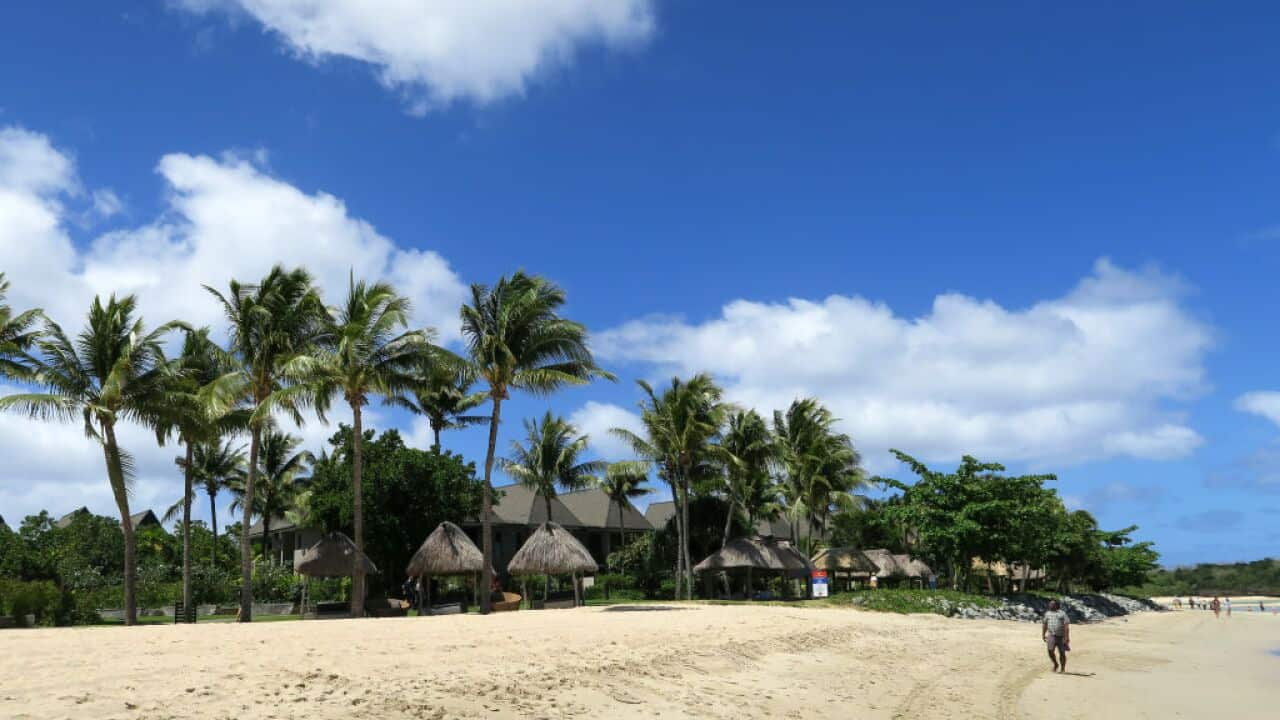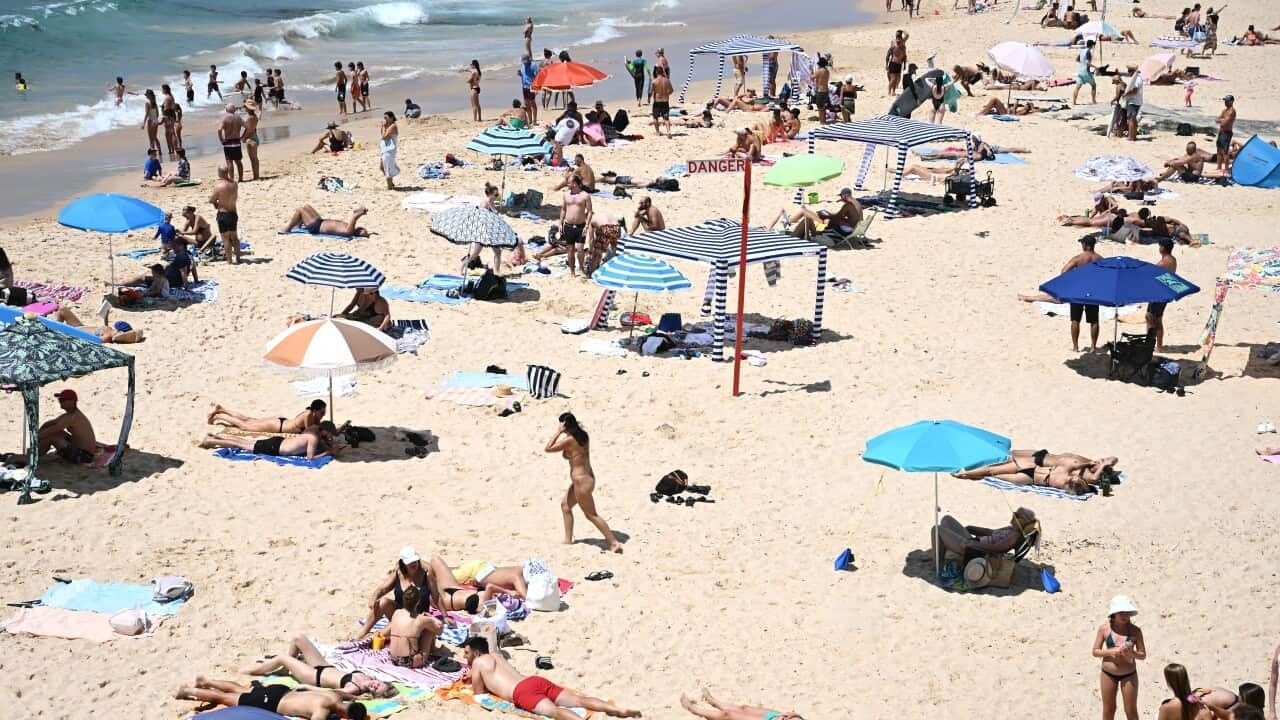If you're planning on travelling to the Pacific this summer, be warned your trip could be affected by tropical cyclones in the region.
The Pacific cyclone season usually occurs between November and March, with the Bureau of Meteorology (BoM) predicting an average of 10 tropical cyclones will form this season.
"This means there’s every chance that your holiday in the Pacific, especially during the December and January school holidays, may be affected by weather events," an alert published on the Department of Foreign Affairs and Trade's Smartraveller website on Tuesday read.
It follows the BoM's tropical cyclone season outlooks, which were released last month.
Steve Turton is an adjunct professor in environmental science at Central Queensland University and has studied tropical cyclones for decades.
As the holiday season approaches, he said the alert should be read as a call for Australians travelling during cyclone season to remain vigilant.
"Recently, the bureau has said this is going to be a fairly active tropical cyclone system ... the area they are referring to is pretty popular for Australian travellers, especially families, as it is school holidays in December and January, in particular," he said.
"I think they're telling people to be aware, especially if they're going somewhere that is quite remote, or low-lying areas where there is a risk of storm surge."
What can we expect from this year's Pacific cyclone season?
In October every year, the BoM issues tropical cyclone outlooks for the coming season in Australia and the South Pacific.
The BoM says an average of six tropical cyclones are predicted in the eastern Pacific region and four in the western region, which is close to average.
"The likelihood of severe (strong) tropical cyclones is higher than average, because of the warmer than average ocean temperatures forecast for the South Pacific region in the coming months," the outlook says.
The risk of a storm surge from tropical cyclones is also likely to continue to increase due to rising sea levels.
The outlook stresses that tropical cyclones can affect Pacific Islands and coastal regions even when they remain well offshore.
Tropical lows that don't intensify into cyclones can still bring damaging winds, rainfall and flooding.
Which Pacific regions might be affected?
According to Turton, popular South Pacific tourist destinations that tend to be affected by tropical cyclones include Solomon Islands — particularly its more southern islands — Vanuatu, and Fiji.
"New Caledonia is also another area that gets tropical cyclones and has some tourism," he said. "As you go further east, you're getting more towards the Cook Islands, and places like Tonga and Samoa."
Turton stressed some of these nations are more vulnerable than others — and readiness for the cyclone season can also vary depending on a country's level of infrastructure development.
"Cyclones have impacted Australians previously travelling in the Pacific, and most of the time we hear of people getting away unscathed," he said.
How should travellers prepare?
The Smartraveller alert encourages those overseas during the cyclone season to be aware of local safety procedures. This can include following media and local weather forecasts, reading Smartraveller advice for your destination, and subscribing to travel advice and bulletins.
Travellers should also consider sharing their accommodation and contact details with loved ones, and checking their travel insurance covers claims caused by a cyclone.
If you're caught in a cyclone, Smartraveller offers the following advice:
- Track the local news for weather updates.
- Follow the advice and instructions of local authorities at all times.
- Identify your local shelter.
- If you're on an island, heed all advice to return to the mainland before the boats stop running.
- Carry bottled water, non-perishable food, a basic first aid kit, a battery-operated radio and a torch.
- Get cash from an ATM.
- Carry your travel documents (passport, photo IDs) at all times or secure them in a safe, waterproof location. If you carry them with you, make sure they're in a waterproof bag or case.
- Contact friends and family with regular updates about your situation.











